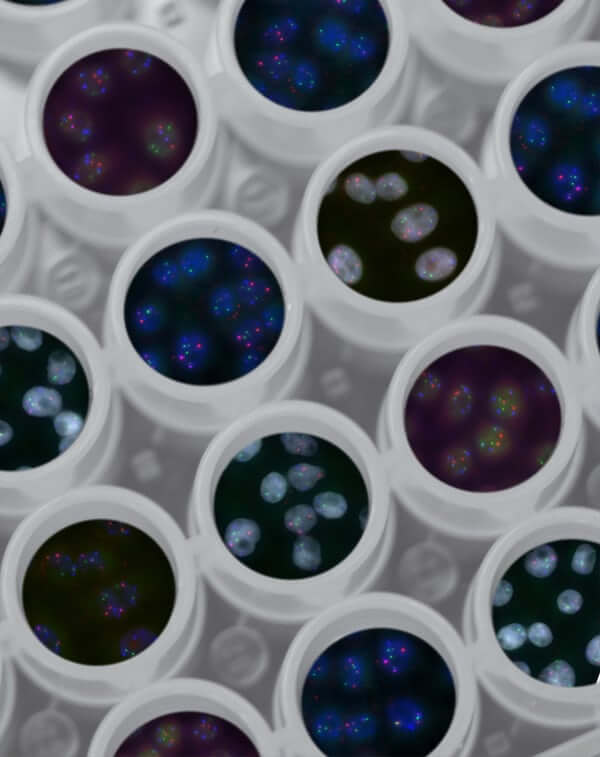InnovationPrevention Three genes associated with increased cervical cancer risk

Scientists have identified three genes associated with an increased risk of developing cervical cancer.
The study, led by scientists from Imperial College London supported by the NIHR Imperial BRC, which has been published in the journal The Lancet Oncology, studied data from over 150,000 European women.
The research is one of the first studies to pinpoint genetic variants associated with an increased risk of cervical precancer and cancer. The study team say the findings open avenues for identifying women at higher risk and monitoring their health more closely – particularly if genetic information is combined with the cervical cancer screening programme.
Dr Sarah Bowden, lead researcher of the study, explained: ‘HPV causes cervical cancer, but what we haven’t understood until now is why many people are infected with HPV, yet very few develop cervical cancer.
‘Over 70 per cent of people are infected with HPV over their lifetime, yet most women clear the infection, and only a small fraction go on to develop abnormal pre-cancerous cervical cells; even fewer develop cervical cancer.
Previous studies suggest around 30 per cent of the risk of developing cervical cancer is genetic. This study is the first to confidently identify gene variants that may be associated with an elevated risk of cervical cancer.’
For more information please see the full story written by Kate Wighton. © Imperial College London.
Photo by National Cancer Institute on Unsplash





